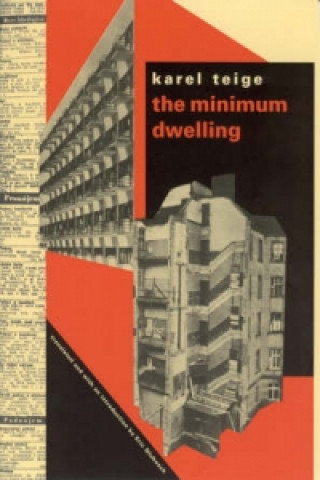
Kód: 04561325
Minimum Dwelling
Autor Karel Teige
Karel Teige (1900-1951), one of the most important figures of avant-garde modernism of the 1920s and 1930s, influenced virtually every area of art, design, and urban thinking in his native Czechoslovakia. His Minimum Dwelling, ori ... celý popis
- Jazyk:
 Angličtina
Angličtina - Vazba: Pevná
- Počet stran: 432
Nakladatelství: MIT Press Ltd, 2002
- Více informací o knize

Mohlo by se vám také líbit
Informovat o naskladnění knihy
Zadejte do formuláře e-mailovou adresu a jakmile knihu naskladníme, zašleme vám o tom zprávu. Pohlídáme vše za vás.
Více informací o knize Minimum Dwelling
 Anotace knihy
Anotace knihy
Karel Teige (1900-1951), one of the most important figures of avant-garde modernism of the 1920s and 1930s, influenced virtually every area of art, design, and urban thinking in his native Czechoslovakia. His Minimum Dwelling, originally published in Czech in 1932, and appearing now for the first time in English, is one of the landmark architectural books of the twentieth century.The Minimum Dwelling is not just a book on architecture, but also a blueprint for a new way of living. It calls for a radical rethinking of domestic space and of the role of modern architecture in the planning, design, and construction of new dwelling types for the proletariat. Teige shows how Gropius, Le Corbusier, Mies van der Rohe, and others designed little more than new versions of baroque palaces, mainly for the new financial aristocracy. Teige envisioned the minimum dwelling not as a reduced version of a bourgeois apartment or rural cottage, but as a wholly new dwelling type built on the cooperation of architects, sociologists, economists, health officials, physicians, social workers, politicians, and trade unionists.The book covers many subjects that are still of great relevance. Of particular interest are Teige's rejection of traditional notions of the kitchen as the core of family-centered plans and of marriage as the foundation of modern cohabitation. He describes alternative lifestyles and new ways of cohabitation of sexes, generations, and classes. The detailed programmatic chapters on collective housing remain far ahead of current thinking, and his comments on collective dwelling presage communal living experiments of the 1960s and 1970s, as well as the communal facilities in contemporary condominium buildings and retirement communities.
 Parametry knihy
Parametry knihy
Zařazení knihy Knihy v angličtině The arts Architecture Architectural structure & design
- Plný název: Minimum Dwelling
- Autor: Karel Teige
- Jazyk:
 Angličtina
Angličtina - Vazba: Pevná
- Počet stran: 432
- EAN: 9780262201360
- ID: 04561325
- Nakladatelství: MIT Press Ltd
- Hmotnost: 1098 g
- Rozměry: 256 × 184 × 28 mm
- Datum vydání: 26. July 2002
Oblíbené z jiného soudku
-

Architectural Styles
543 Kč -

Conditional Design
317 Kč -

Detail in Contemporary Residential Architecture 2
1211 Kč -

Green Architecture
543 Kč -
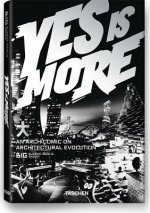
BIG. Yes is More. An Archicomic on Architectural Evolution
616 Kč -

Fast Guide to Architectural Form
432 Kč -
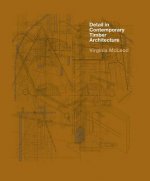
Detail in Contemporary Timber Architecture (paperback)
810 Kč -

Detail in Contemporary Concrete Architecture
1022 Kč -
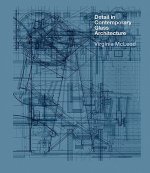
Detail in Contemporary Glass Architecture
1345 Kč -

Architectural Acoustics
1821 Kč -

Small Eco Houses
742 Kč -

Cabin Porn
378 Kč -

Conservatory
1206 Kč -

Skyscrapers
755 Kč -
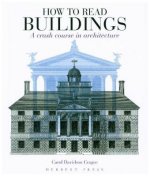
How to Read Buildings
371 Kč -

Earthen Floors
695 Kč -
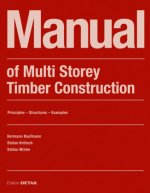
Manual of Multistorey Timber Construction
2787 Kč -
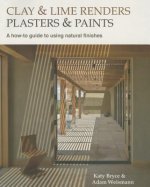
Clay and lime renders, plasters and paints
849 Kč -
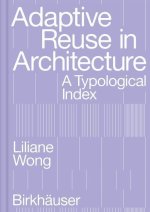
Adaptive Reuse in Architecture
1526 Kč -

Berlin - The Architecture Guide
689 Kč -
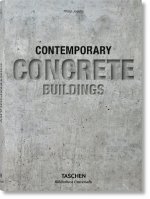
Contemporary Concrete Buildings
518 Kč -

Builders of the Pacific Coast
692 Kč -

Complete SketchUp Companion for Interior Design
2645 Kč -

Essential Rammed Earth Construction
1028 Kč -

Where Architects Sleep
512 Kč -
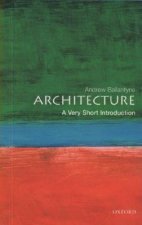
Architecture: A Very Short Introduction
249 Kč -

Building with Cob
849 Kč -

Floor Plan Manual Housing
1461 Kč -

Pattern and Ornament in the Arts of India
614 Kč -

Passive House Details
1580 Kč -
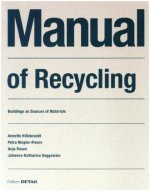
Manual of Recycling
3296 Kč -
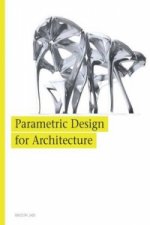
Parametric Design for Architecture
933 Kč -

Canon of the Five Orders of Architecture
354 Kč -

Introduction to Architectural Science
1682 Kč -

Design Drawing, Third Edition
1569 Kč -

Building Structures Illustrated - Patterns, Systems, and Design, Second Edition
1389 Kč -

Handbook of Biophilic City Planning & Design
1082 Kč -
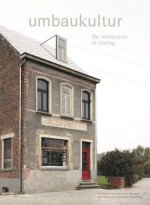
Umbaukultur
1089 Kč -
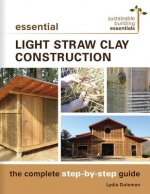
Essential Light Straw Clay Construction
998 Kč -

Owner Builder's Guide to Stone Masonry
590 Kč -

100 Buildings
542 Kč -

Buildings of New York
540 Kč -

Place to Call Home
1249 Kč -

Prefabricated and Modular Architecture
602 Kč -

Nature by Design
1036 Kč -

Chinese Architecture (Cultural China Series, Englische Ausgabe
773 Kč -

Rendering in SketchUp - From Modeling to Presentation for Architecture, Landscape Architecture and Interior Design
1388 Kč -

Making Dystopia
743 Kč -
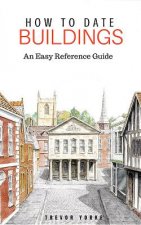
How to Date Buildings
187 Kč
Osobní odběr Praha, Brno a 12903 dalších
Copyright ©2008-24 nejlevnejsi-knihy.cz Všechna práva vyhrazenaSoukromíCookies



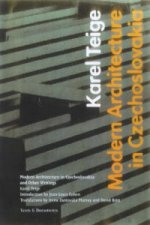

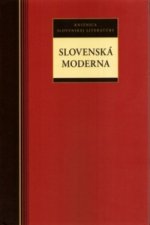
 Vrácení do měsíce
Vrácení do měsíce 571 999 099 (8-15.30h)
571 999 099 (8-15.30h)